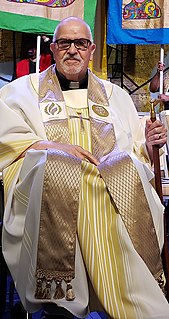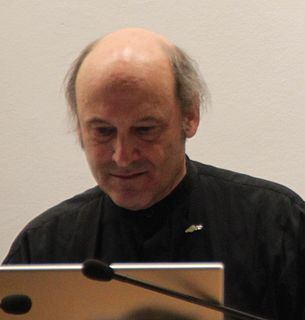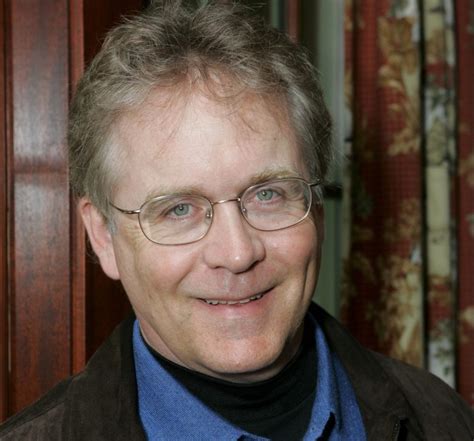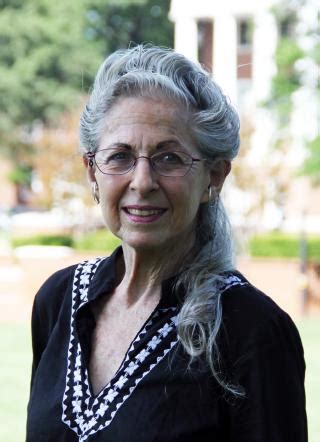A Quote by Kevin Crossley-Holland
There are Arthurian legends in 14 or 15 medieval European languages. They are the product of no one time or place. On the contrary, in sum they represent a tremendous mine of human understanding, rather as the Bible does.
Related Quotes
I let go of the notion that the Bible is a divine product. I learned that it is a human cultural product, the product of two ancient communities, biblical Israel and early Christianity. As such, it contained their understandings and affirmations, not statements coming directly or somewhat directly from God. . . . I realized that whatever "divine revelation" and the "inspiration of the Bible" meant (if they meant anything), they did not mean that the Bible was a divine product with divine authority.
A wrong understanding is interested in precisionism. That is it tries to say that the Bible can't be telling the truth if it says that Jesus was such and such a distance from some place or other and in fact the distance is off by 15% or something like that. There are all kinds of grounded figures and so forth.
It was just as the 1914 War burst on me that I made the discovery that 'legends' depend on the language to which they belong; but a living language depends equally on the 'legends' which it conveys by tradition. ... Volapuk, Esperanto, Ido, Novial, &c &c are dead, far deader than ancient unused languages, because their authors never invented any Esperanto legends.
The human understanding, when any preposition has been once laid down... forces everything else to add fresh support and confirmation; and although more cogent and abundant instances may exist to the contrary, yet it either does not observe them or it despises them, or it gets rid of and rejects them by some distinction, with violent and injurious prejudice, rather than sacrifice the authority of its first conclusions.



































